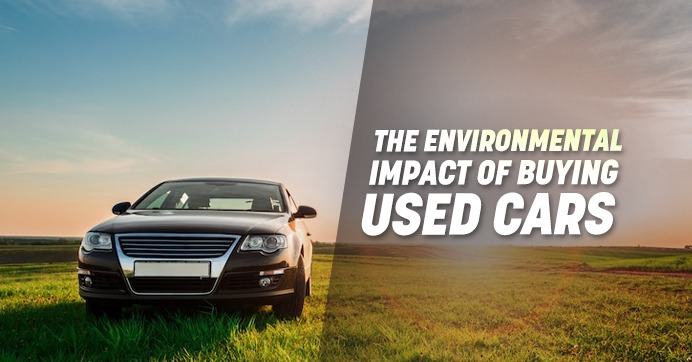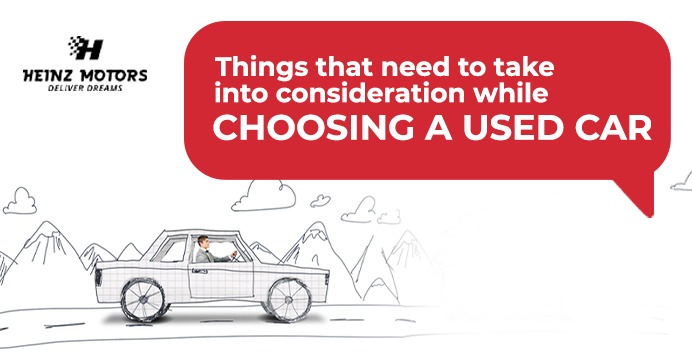The Environmental Impact of Buying Used Cars
In a world where sustainability is gaining prominence, every decision we make has consequences that ripple through the environment. This includes the choice to buy a car. While the allure of a shiny new vehicle can be tempting, there's a strong case for considering used cars from an environmental perspective. In this article, we'll delve into the environmental impact of buying used cars and explore why they might just be the greener choice.
The carbon footprint of manufacturing a new car is substantial, considering the energy and resources required to extract raw materials, produce components, and assemble the vehicle. Opting for a used car significantly reduces the demand for new vehicle production, thereby cutting down on carbon emissions associated with manufacturing.
New car production relies heavily on raw materials like steel, aluminum, and plastics. Mining and processing these materials contribute to habitat destruction, deforestation, and water pollution. By extending the life of existing vehicles through purchasing used cars, we can help slow the depletion of these valuable resources.
Producing a new car consumes vast amounts of energy, from the manufacturing process to transportation and distribution. By choosing a used car, you're preventing the need for these energy-intensive processes and indirectly conserving valuable resources.
When a car is disposed of, it doesn't simply vanish. Many car components can take decades to decompose in landfills. By buying used cars, you're contributing to the effort of reducing the number of vehicles prematurely discarded, thereby lessening the strain on landfills.
In addition to carbon emissions from manufacturing, new cars emit volatile organic compounds (VOCs) and other pollutants during the initial period of use. Used cars have already gone through this phase, releasing fewer harmful emissions into the atmosphere.
Buying used cars supports the concept of a circular economy, where goods are kept in use for as long as possible before being recycled or repurposed. This contrasts with the linear model of "take-make-dispose" associated with new product production.
New cars often contain various chemicals and plastics that can leach into the environment over time. By choosing a used car, you're minimizing the release of these substances and indirectly promoting a cleaner environment.
When consumers choose used cars, they send a signal to the market that there is demand for pre-owned vehicles. This can lead manufacturers to adjust their production and resource allocation strategies, potentially resulting in a lower overall environmental impact.
The environmental impact of buying used cars goes beyond personal savings, it encompasses the broader well-being of our planet. By opting for pre-owned vehicles from Heinz, you're contributing to reduced carbon emissions, resource conservation, and a healthier environment overall. The choices we make today shape the world of tomorrow. So, the next time you're considering a new car, take a moment to reflect on the lasting positive impact that buying used can have on the environment. Your decision might just drive us toward a more sustainable future.


